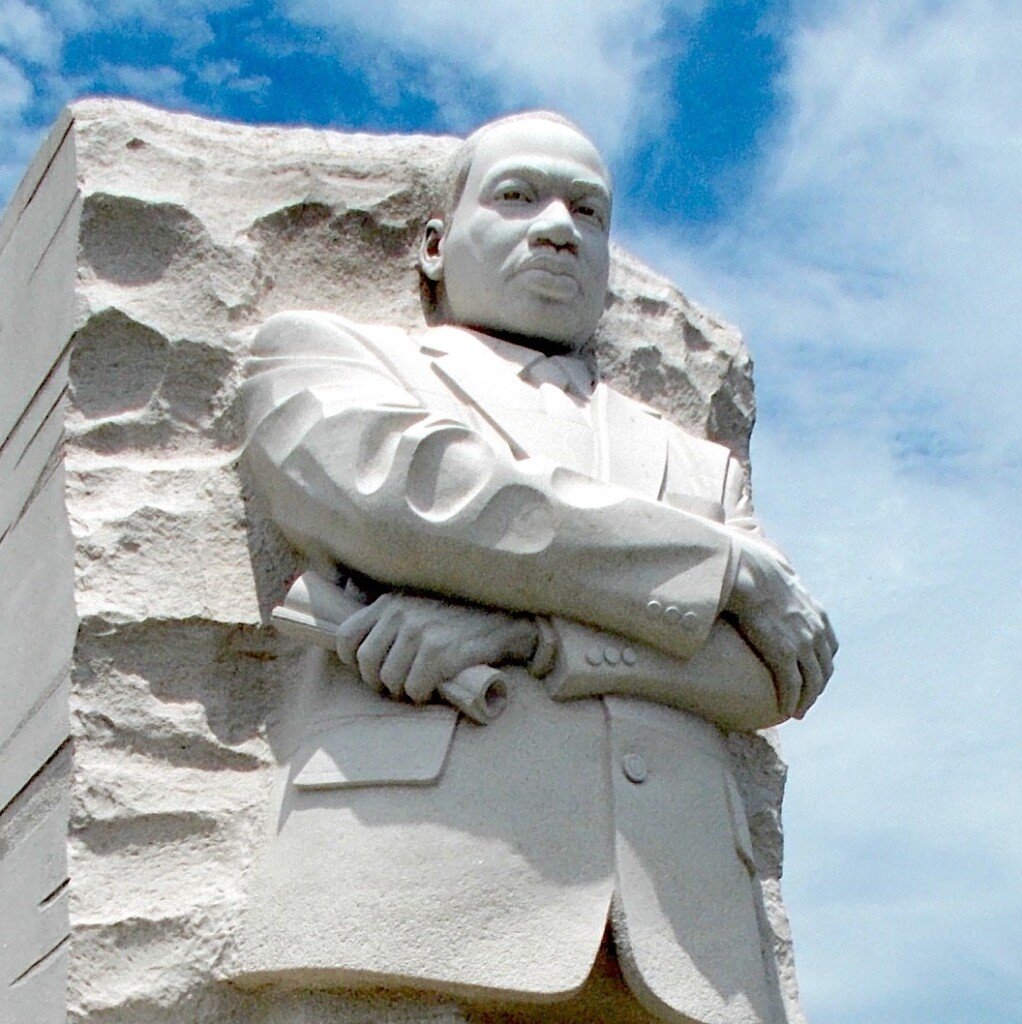Restoring the State GOP
In June, Josh McKoon was in the car with his wife when Trump called to congratulate him on his re-election as chair of the Georgia Republican Party. Not long into the call, Trump says, “China’s calling me. I’ll call you back.” McKoon joked to Jacqueline that a follow-up call seemed most unlikely. And then, as promised, Trump buzzed back to finish the conversation.
 It reflected a relationship forged during the presidential campaign when Georgia played a critical role in sending Trump back to the White House, with McKoon serving as an important point man for the once and future president. Trump’s triumph in Georgia exemplified exactly what he had hoped for when he became party chair: an unwavering focus on electing Republicans.
It reflected a relationship forged during the presidential campaign when Georgia played a critical role in sending Trump back to the White House, with McKoon serving as an important point man for the once and future president. Trump’s triumph in Georgia exemplified exactly what he had hoped for when he became party chair: an unwavering focus on electing Republicans.
Two years ago, just after his first election as chair of the Georgia GOP, McKoon and I went to lunch to discuss his vision for rebuilding relationships between the party and Republican elected officials. I wrote a column about that conversation, saying he had his work cut out for him but that he was a man who possessed the skills needed to mend broken fences.
McKoon had inherited a party structure that had become an increasingly irrelevant society of cranks. Many Republican elected officials, even those who had faithfully attended party gatherings for years, distanced themselves rather than face constant hostility from activists. Under the leadership of Kandiss Taylor – who infamously questioned whether the world is round and said that this year’s Texas floods that killed scores were “fake weather” – the 1st Congressional District Republican Party actively recruited primary opponents against incumbent Republican legislators.

Georgia Republican Party Chairman candidate Josh McKoon speaks during the GOP Convention at the Columbus Georgia Convention & Trade Center on Saturday, June 10, 2023. Photo credit: Natrice Miller/AJC
Gov. Brian Kemp – the most popular politician in the state – was often booed at events after the controversy of the 2020 election. Kemp, in turn, changed state law to allow him to raise unlimited dollars in leadership committees, and he used that money to support his re-election and the campaigns of Republicans up and down the ballot, stealing away one of the primary functions of the state party.
Politicians who tried to appease party activists eventually figured out that these groups didn’t represent the electorate, not even the GOP primary electorate. For example, at the 2021 state convention, delegates voted overwhelmingly in a straw poll for the challengers taking on Kemp, Attorney General Chris Carr and Secretary of State Brad Raffensperger. Kemp and Carr went on to win their primaries by 50 points. Raffensperger won his primary without a runoff despite getting just 4% of delegates’ votes.
In 2024, McKoon set out to prove that the Georgia GOP could effectively run a ground campaign. The party opened more than a dozen “Trump Force 47” offices in Georgia and held itself accountable for meeting targets on phone calls and door knocks.
McKoon also had to play the role of diplomat on the fly. When Trump attacked Kemp and even his wife during an Atlanta campaign event, McKoon stepped in as one of several go-betweens who eventually brokered a peace between the two long-warring parties. The behind-the-scenes work led to a handshake between Kemp and Trump when they held a joint news conference on hurricane damage near Augusta. This ended a spat that threatened Republican unity going into the election, and Kemp went so far as to assist turnout efforts.
The GOP chair believes the party’s work contributed greatly to Trump’s win and to maintaining strong majorities in the General Assembly. Political observers might have expected McKoon to coast to re-election this year after delivering a record of success. Despite having Trump’s endorsement, McKoon faced off against a fringe challenger who said he was ineffective and operated the party “as his own personal property.”
But what matters in the end is that McKoon won handily and will get the chance to continue rebuilding relationships and demonstrating competence. The state GOP spring fundraising dinner did both: It raised $300,000 and boasted the attendance of two-thirds of the state Senate Republican Caucus and at least a dozen House members.
There’s still some ridiculousness, like passing resolutions at the state convention to bar some candidates from running as a Republican. While McKoon can’t stop all that nonsense, he did, to his credit, say it wasn’t enforceable.
The 2026 election will determine every constitutional office in the state – offices held today by a few Republicans not too fond of the party. If next year’s nominees see the party as an asset, not an obstacle, McKoon will have fulfilled his pledge to bring positive change.
Brian Robinson is co-host of WABE’s Political Breakfast podcast. He won a Green Eyeshade award in 2024.






